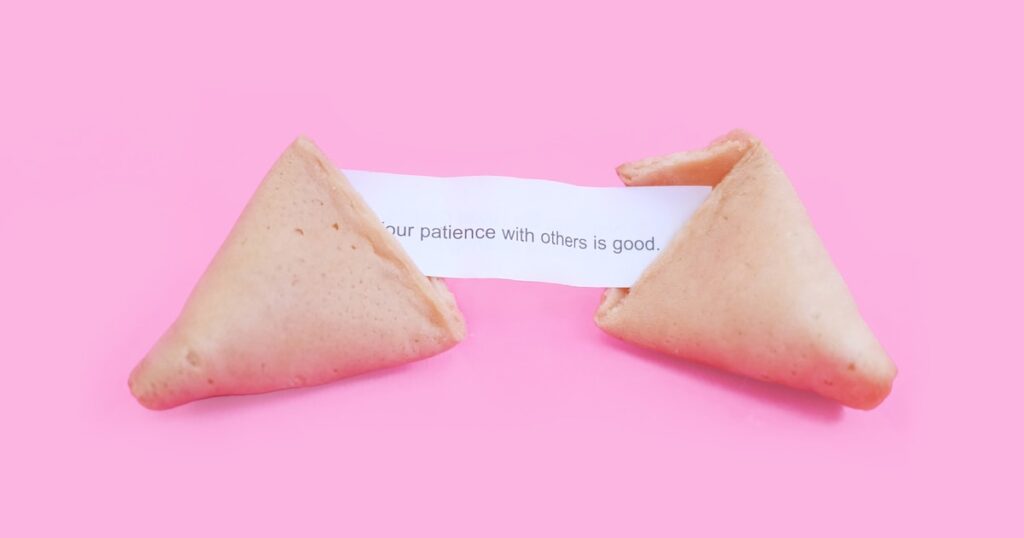General - Career Paths & Degree Types
Don’t know which subject to study, how to survive working full-time while earning (and paying for) your degree, or what career is right for you? You’re in good company! This page is your homebase; select your degree type, pick a program of interest, and start exploring our library of thousands of data-driven articles. Then you can book a free call with a Noodle expert who can help you find your perfect program.

Latest Articles

Setting SMART Goals in 2024 for Your Education
Article

Joint Degree vs Dual Degree: What's the Difference?
Article

Should You Get a Master's During a Recession?
Article

How to Know You're Ready for Grad School: A Career Development Specialist Explains
Article

7 Careers Worth Going Back to School For, Because Your Dream Job Is Out There (Promise)
Article

The 8 Best Master's Degrees for a Recession-Proof Career
Article

Semper Gumby! 4 Tips from the Military to Drive Your Job Hunt
Article

What Are Dual-Credit Classes? College Courses at a Low Cost
Article